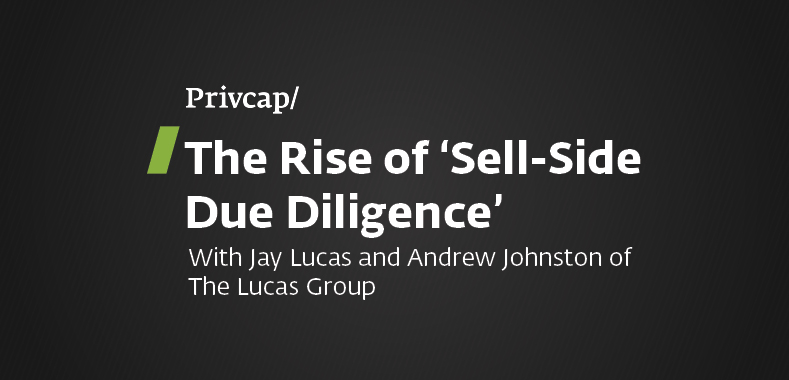Winning the Deal With Early Due Diligence
To win deals and stand out from the crowd, acquisition teams are completing due diligence ahead of sale agreements and sometimes before they even bid on an asset, says RSM’s Michael Schwartz.
No one in the institutional real estate investment world wants to repeat the mistakes of the 2008 financial crisis, not least when it comes to underwriting and due diligence.
However, that need for deeper and wider due diligence is being challenged by rising competition for deal flow and increasing asset valuations, forcing some GPs to complete much of their due diligence work before they even put in a bid, RSM principal Michael Schwartz says.

“[There is] more of a focus on the crux of the deal,” he says. “On the financials, on the leases, the income stream, looking at problematic borrowers or questionable issues that we just don’t want to see a repeat of.”
But he notes that given growing competition for assets across U.S. property markets, acquisition teams are also coming to the deal table with much of the due diligence work “pre-packaged before they even sign the purchase and sale agreement” as a means of standing out from the crowd.
“What we’re seeing are clients approaching us saying, ‘Hey, I want all these lease abstracts, I want the Argus models, I want to reconcile all this’—and that’s before we go hard or before we put our bid in, because we want to win this property,” says Schwartz.
“We’re seeing that more and more these days. In fact, I just got a call from a client who wanted to engage us regarding the purchase of a medium-sized retail center, and they wanted everything done in a week before they put their bid in. [After that work was done] then they negotiated the purchase and sale agreement. It’s becoming more common to get the deal and win it that way.”
Increased competition has also forced GPs to cut the amount of time spent on due diligence by roughly half, Schwartz says, even though acquisition teams need to dig deeper and wider than ever before.
“We had one client recently that came to us with a suburban large industrial portfolio of between 100 and 150 leases, and they basically had 10 days [to complete due diligence]. By the time we actually signed everything up and got the leases [in front of us], it was down to about seven to eight days.”
Despite such “abbreviated” time frames for due diligence, Schwartz argues that some clients are walking away from deals when the figures simply don’t add up.
“We have seen more [people walk away from deals] in the last 18 months than in the eight years from 2000 to 2008, with people saying, ‘You know what? I don’t want to make the same mistake.’ If the numbers don’t match and if there’s a material disconnect or a big variance, they are walking away, on both the loan and on the acquisition side. They still want to make the deal work, but people are willing to walk away if at the end of the day it just doesn’t make economic sense.”
